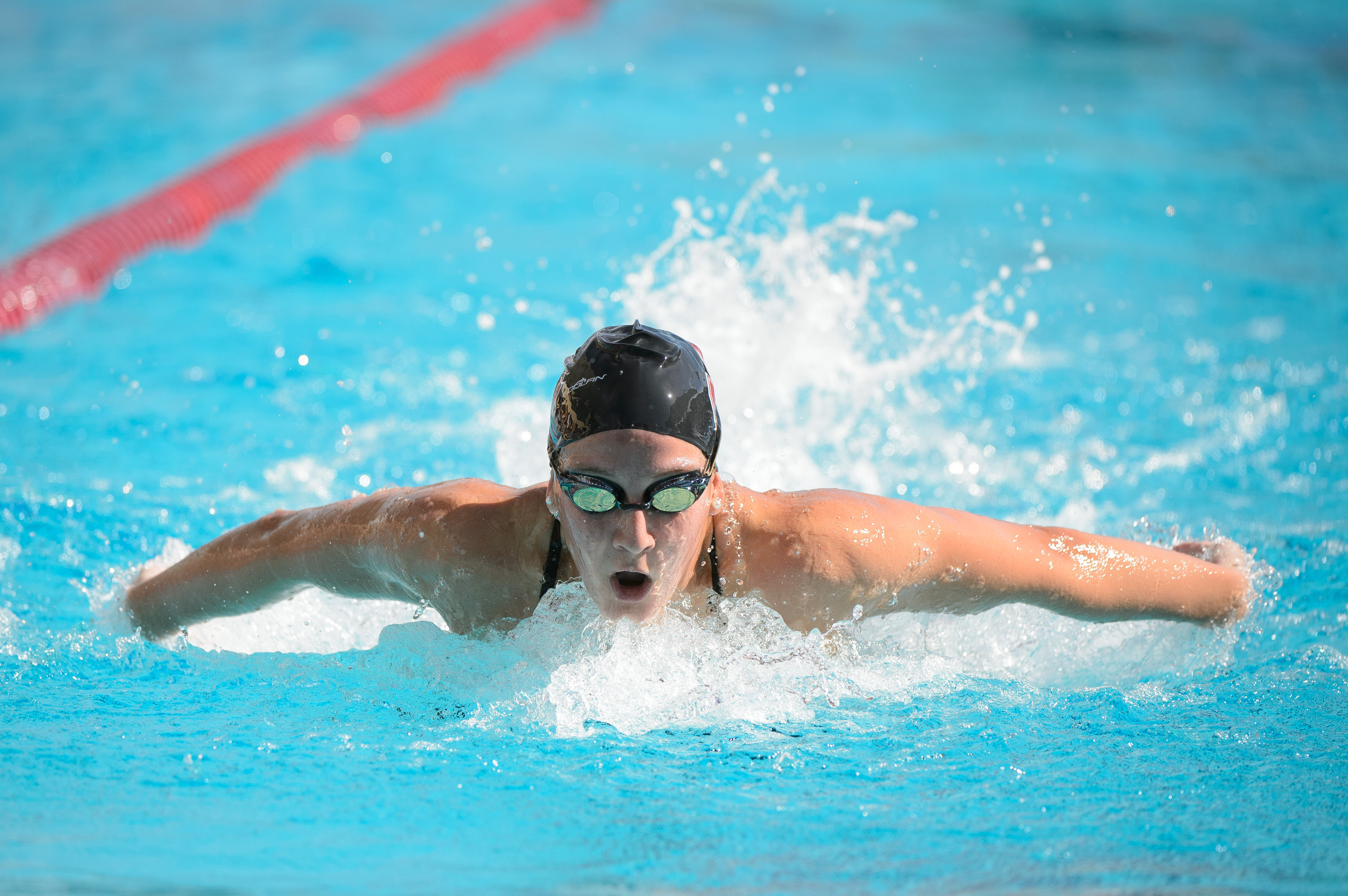Generally, patients should avoid swimming in pools for two to four weeks after surgery. The chlorine won't damage the grafts once a few weeks have passed.
Can I swim after a hair transplant? How long after a hair transplant surgery can I start playing sports? Thanks to good hair transplant prices in India, more and more people come to India every day to have a hair transplant there. Many of them regularly play sports. These are very common questions for both patients and people who are thinking about a hair transplant.
In fact, a hair transplant is a surgical operation. It requires follow-up care, and we must observe the recommended times and precautions before resuming our normal activities. Maybe you like to swim or run, or you just like to go to the gym and do strength training. In any case, in this article, we will explain in detail what actions you can perform, when you can and how to do it to avoid damage to your new hair.
How long after a hair transplant can I start swimming and playing sports?
After a hair transplant using the FUE method, the implanted area will be covered with thousands of micro incisions into which new follicles will be implanted. These tiny incisions must heal before you can perform any physical exercises that require effort. Usually, the healing process ends 10-15 days after surgery, so there is no risk for new follicles, and you can start swimming, doing physical exercises after this period, provided that the load is not too large.
It is important to emphasize that if you start swimming and performing physical exercises after a hair transplant, this should not cause excessive sweating or any direct contact with the head, as this will increase the risk of infection or injury to newly implanted follicles. For example, two weeks after the operation, you can go for a run or work out in the gym, but in a moderate mode. After a month, you can resume normal physical activity.
In addition, direct sunlight should be avoided on the head during the first month after surgery, as the sun can damage the grafts. In addition, do not forget that during the first 1-2 weeks you will not be able to wear a hat covering your head, or any other clothing that may put pressure on the operated area of the head.
Is it possible to swim, swim after a hair transplant?
Some doctors believe that in some cases you will not have hair problems if you start swimming, swimming 15 days after surgery since the healing process usually lasts this time. However, the general recommendation is that you should avoid bathing, swimming for at least one month after surgery due to the presence of chlorine and other substances in the water. This is especially important if you suffer from dermatitis since chlorine can aggravate the condition of the operated area of the head.
It is also not recommended to visit a sauna or spa for at least a month after a hair transplant. In addition, do not forget that these recommendations and terms also apply to seawater, since salt harms implanted follicles by dehydrating them.
Does chlorine affect hair condition and health?
As we mentioned earlier, chlorine is harmful to the skin and follicles because it dries them. In addition, chlorine removes the natural oils that protect the bulb. Therefore, the hair becomes more fragile, and ultimately it can fall out. Thus, chlorinated water can be the main cause of damage to our hair.
Therefore, in order to avoid causing any harm to our new transplants, in addition to taking into account the aforementioned terms, it is good practice to protect the scalp and our new hair after transplantation by wetting and applying hair conditioner (and do not rinse your hair) before swimming in the pool. By this, we create a protective layer on our hair, which protects them from the harmful effects of chlorine.
What about swimming caps?
The fact is that while we do not use them during the first two weeks after surgery. After this period, the use of a swimming cap helps to create another barrier to protect our newly implanted follicles from the harmful effects of chlorine, so we recommend using a swimming cap.
Equally important, always wash your hair and rinse it after bathing in the pool, as it is necessary to remove residual chlorine from the scalp and hair as soon as possible in order to avoid its harmful effects on the skin and follicles. Remember that all of the above tips are also applicable to saltwater pools, as they may not use chlorine, but, of course, other chemicals may be present in the water.
What else needs to be done after the hair transplant procedure?
In addition to the above recommendations, let's recall other useful tips that should not be forgotten after a hair transplant:
Wash your head carefully and gently, massaging it gently without rubbing it. Use neutral PH shampoo.
Do not touch the transplanted area and do not press on it for the first 1-2 weeks after the operation, and do not wear hats and different tissues to cover your head.
Do not smoke or drink alcohol during the first two days after surgery, as they can cause bleeding. For the same reason, avoid taking medications such as aspirin.
Do not make sudden head movements during the first days after surgery or any other actions that cause tension on the scalp.
All tips for physical activity (avoid excessive effort, excessive sweating, etc.) Avoid touching your head during sexual activity.
In any case, our main recommendation is to always follow the medical recommendations of the doctor who performed the hair transplant, as he/she is the most informed specialist who will tell you when you can start swimming / swimming or doing other physical exercises. Always choose a reliable clinic with highly qualified professionals and experienced specialists.

